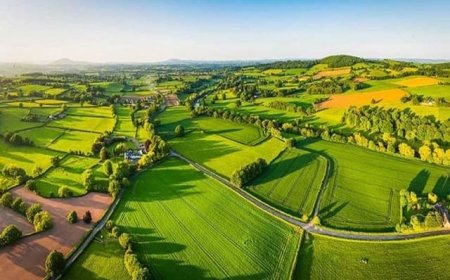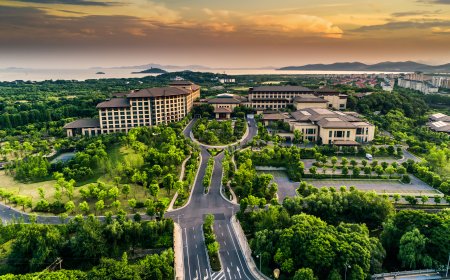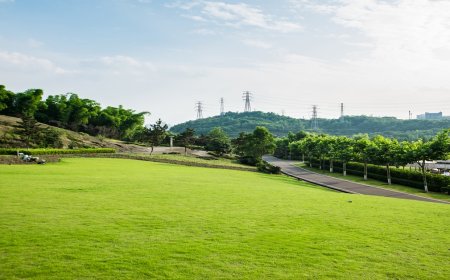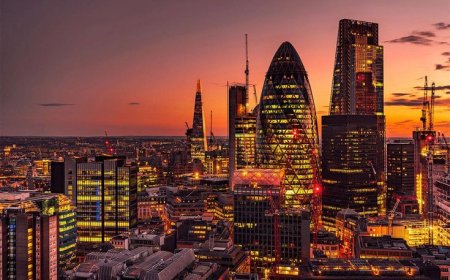Diwali story
Discover the significance of Diwali and explore the Diwali story of light triumphing over darkness, good defeating evil
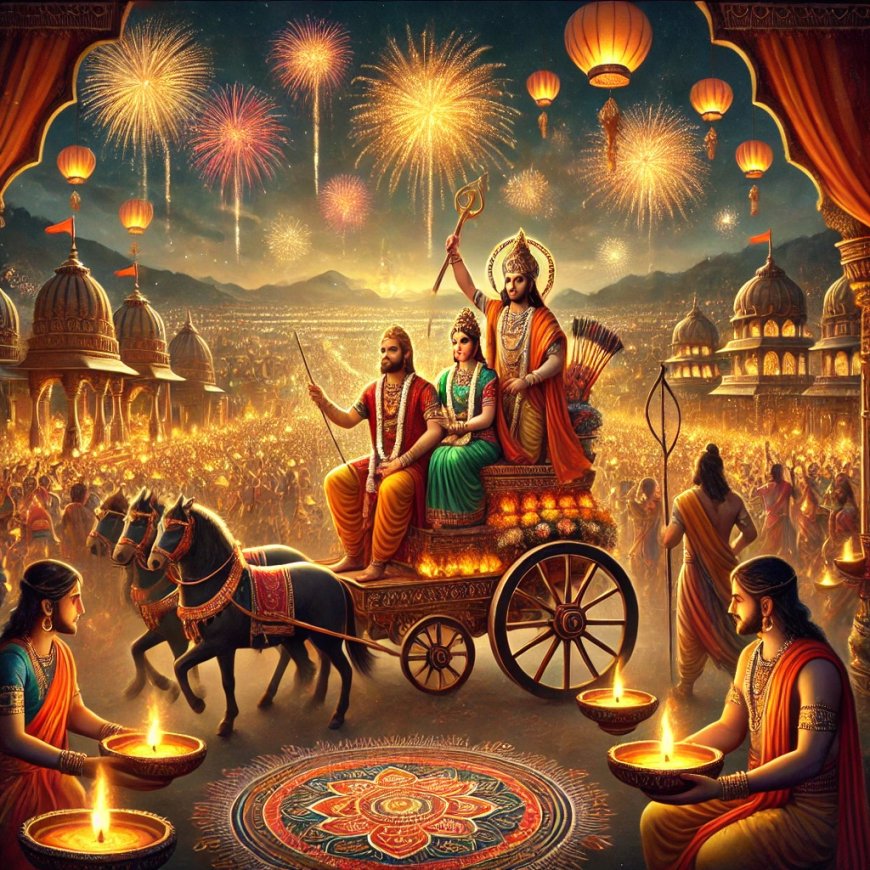
Diwali, also known as Deepavali, is a significant Hindu festival of lights celebrated across various Indian religions. It represents the spiritual triumph of light over darkness, good over evil, and knowledge over ignorance. This vibrant festival is observed during the Hindu lunisolar months of Ashvin and Kartika, typically falling between mid-September and mid-November. The festivities usually span five or six days, filled with traditions and rituals that have evolved over centuries.
One of the central stories of Diwali is the return of Lord Rama to his kingdom of Ayodhya after 14 years of exile. Accompanied by his wife Sita and brother Lakshmana, Rama's homecoming symbolizes the victory of good over evil after his defeat of the demon king Ravana. This Diwali story is celebrated by lighting diyas (oil lamps) to honor the triumph of light. Diwali is also closely associated with Lakshmi, the goddess of prosperity, and Ganesha, the remover of obstacles, who are both worshipped during the festival.
Different regions in India celebrate Diwali in their own unique ways. In northern India, the festival is linked to the Ramayana, while in southern parts, it is associated with the victory of Lord Krishna over the demon Narakasura. In Bengal and Eastern India, worshippers revere Goddess Kali, celebrating her fierce and protective energy during the festival. This diversity makes Diwali not only a religious celebration but also a cultural one, bringing together people of different traditions.
Diwali’s influence extends beyond Hinduism. For the Jain community, it marks the final liberation (moksha) of Lord Mahavira. Sikhs commemorate Bandi Chhor Divas on this day, celebrating the release of Guru Hargobind from imprisonment. Newar Buddhists in Nepal also observe Diwali by worshipping Lakshmi, highlighting the festival's broader cultural significance.
During Diwali, homes, temples, and public spaces are illuminated with lamps, candles, and lanterns. Fireworks light up the night sky, while families prepare and share festive sweets and meals. Rangoli patterns adorn floors, and colorful decorations bring a festive spirit into every household. It’s a time for families to bond and communities to come together, with many cities organizing parades, fairs, and cultural events.
The festival holds great importance not just in India but also among the Hindu, Sikh, and Jain diaspora around the world. Diwali is a public holiday in many countries, including India, Nepal, Fiji, Malaysia, and Trinidad and Tobago, among others.
The Diwali story, whether of Rama’s return, Krishna’s victory, or the liberation of Guru Hargobind, serves as a reminder of the enduring belief in the triumph of good over evil and the power of knowledge to dispel ignorance. It continues to inspire generations, making Diwali one of the most celebrated and cherished festivals globally.
What's Your Reaction?

















